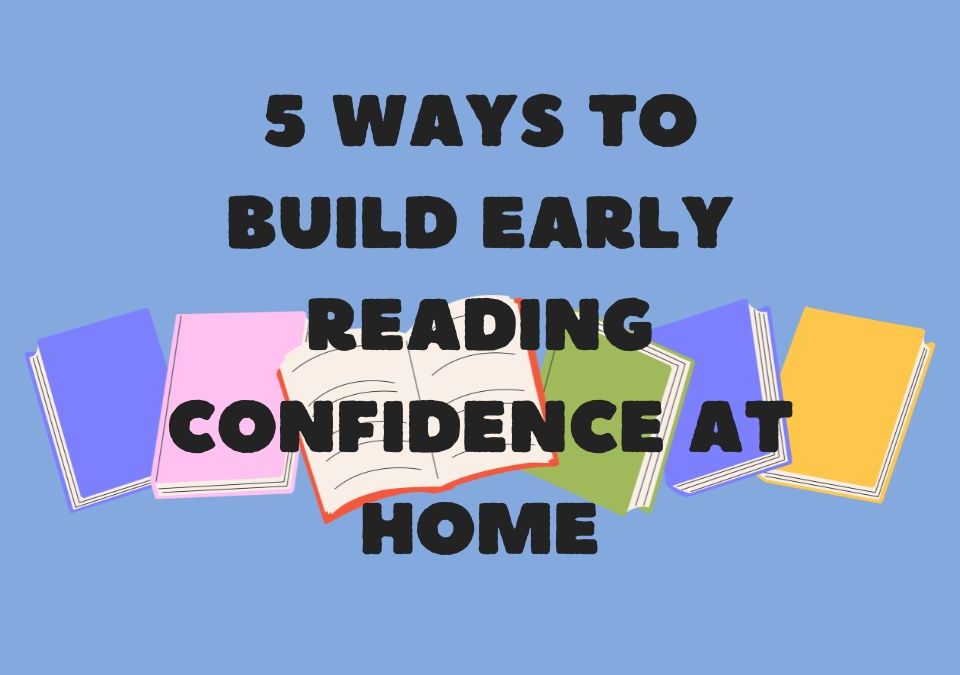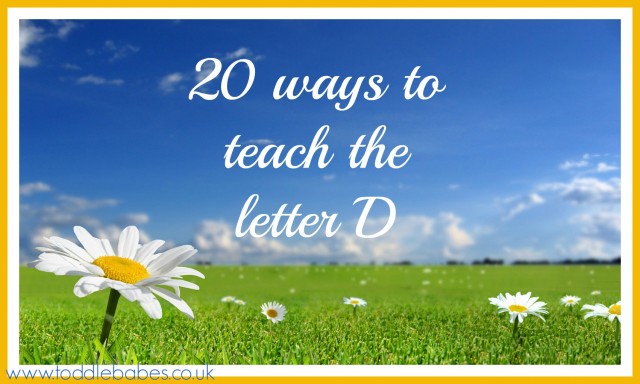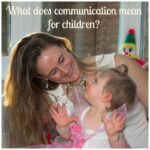
The Importance of Parents and Carers in Developing Communication
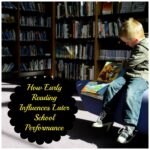
How Early Reading Influences Later School Performance
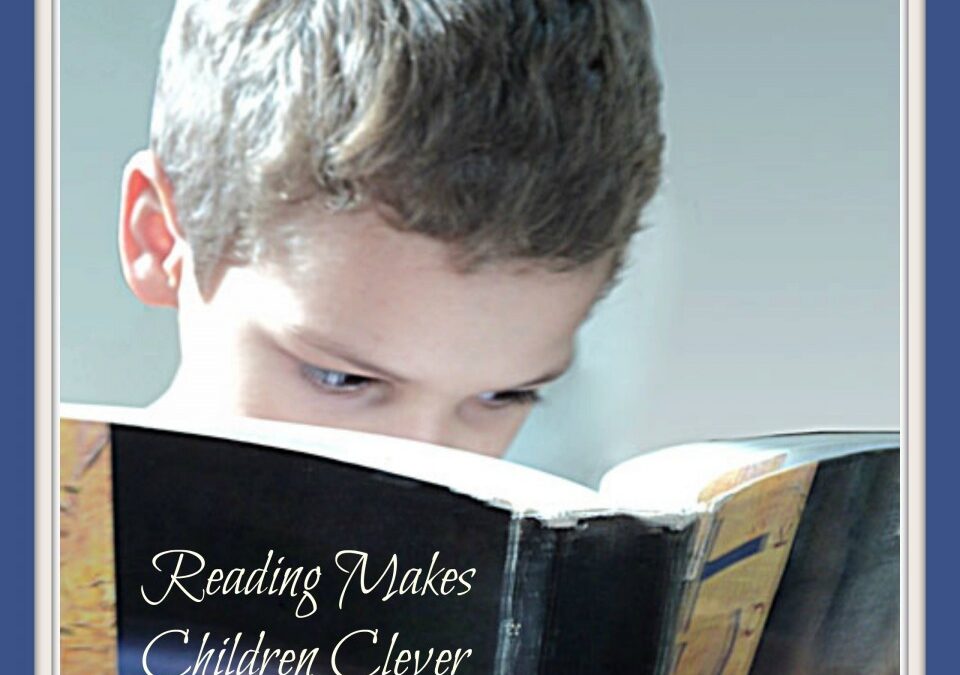
In our world, there have been some exceptionally brilliant minds, and many of these individuals learned to read at a young age, usually by 3 years old. Here are a few examples:
- Francis Galton – a child prodigy that learned to read at 2 years old. He could do multiplication by age 4.
- Jonahan Swift – a famous writer and poet that also learned to read by age 2.
- Samuel Johnson – learned to read at 2. He published the Dictionary of the English Language in 1755 after 9 years of work.
- Voltaire – famous French writer, historian, and philosopher that learned to read at 3 years old.
So, does reading make children clever?
Did learning to read early in life make these famous people clever? Or is it because of their exceptional intelligence that allowed them to learn to read early?
It’s quite normal to think that a child that can learn to read at age 2 or 3 must be “gifted” in some ways. Otherwise, how is it possible for a child so young to learn to read? The one thing I can tell you for certain is that it does NOT require a genius child to learn to read at 2 or 3 years old. In fact, any normal child with no learning difficulties can learn to read – phonetically, and equally important, the young child WILL understand what he or she is reading. All it takes is 10 to 15 minutes of daily lessons.
>> Click here to see how it’s possible.
In fact, reading not only can make a child clever, the very act of reading can even help to compensate for modest levels of cognitive ability in children by building their vocabulary and general knowledge! This is a finding reported by researchers Cunningham and Stanovich in a report titled “What Reading Does For the Mind”.
The simple fact here is that reading can make your child brighter, and that learning to read early on is directly linked to later success in life.
1) Did you know that your child’s vocabulary at 3 years old predicts his or her grade one reading success? [1]
2) Did you know that vocabulary and reading ability in first grade strongly predicts grade 11 outcomes? [2]
3) Did you know that your child’s reading skill in grade 3/ year 2 directly influences high school graduation potential? Studies have found that children who cannot read proficiently by grade 3 are four times more likely to leave school without a diploma than proficient readers! [3]
With that said, I’d like to introduce you to a proven, step-by-step learning to read system – “Children Learning Reading” – developed by two amazing parents who taught all of their children to read at 2 years old. By age 4, their children were already reading chapter books. Not only that, their reading program has helped thousands of parents teach their young children to read – many as young as 2 and 3 years old. After using their reading program, many children were reading well beyond their years, and parents with nursery, pre-school, and early primary school children who struggled with reading or were not reading at the expected level and were going to get held back , quickly caught up after using the Children Learning Reading program. These are all real stories from real families.
>> Click here for the details about this fantastic reading program
PS. Another great piece of info I want to share with you is that the Children Learning Reading program is having a one-time only special promotion, where you can get their complete Premium Package at the same price as the Standard Package. Now, this is only a 3 day event starting this coming up Monday (Sept 10th), so I’m giving you a heads-up notice now so that you don’t miss out on it. It will last only 3 days, and once the promotion ends, you will not be able to get their Premium Reading Package at such great discounts ever again. So, please mark it on your calendar – Monday, September 10th.
>> Click here for more details
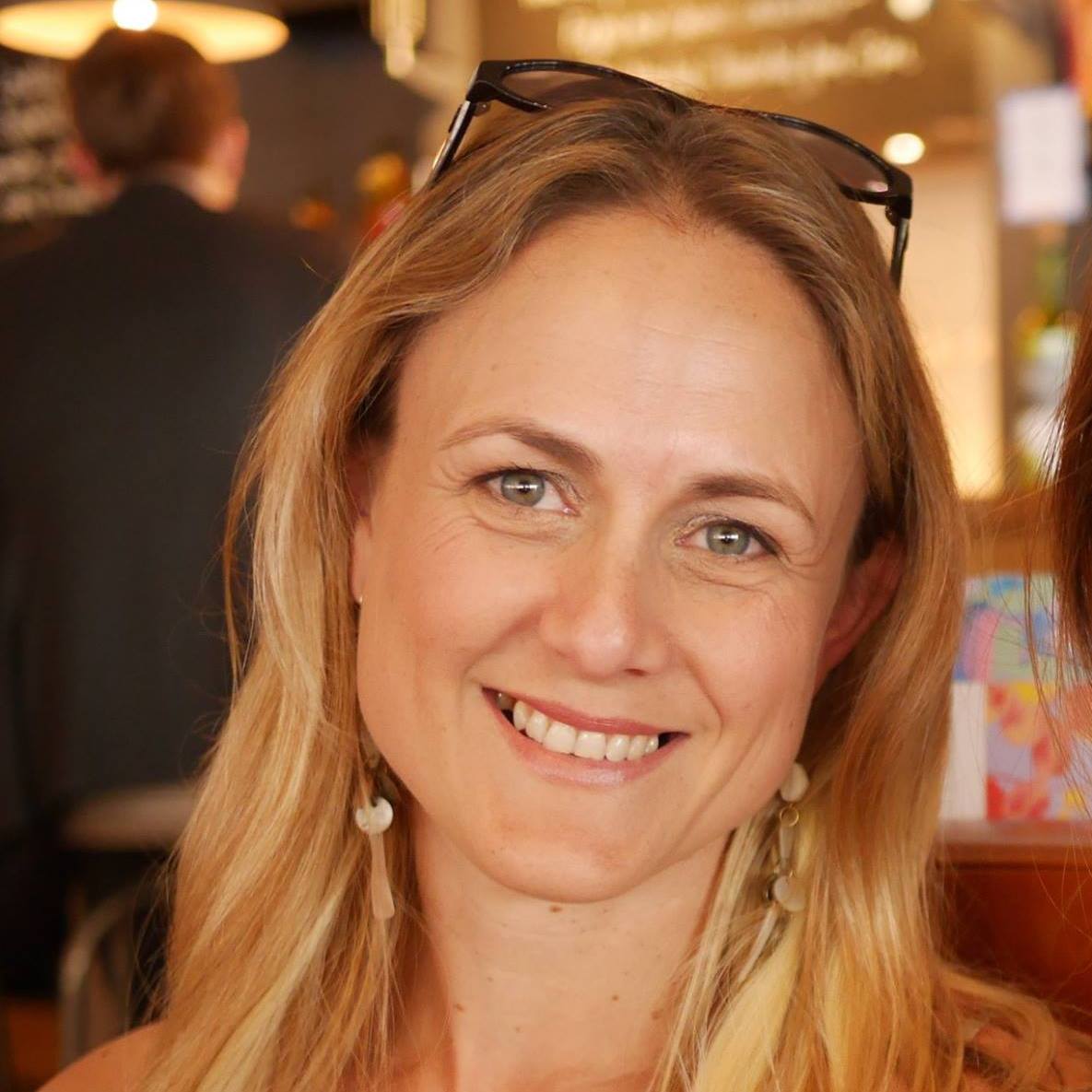
I am a preschool and primary school teacher and mum to 3 children. I have been involved in education since 1997 and have trained in a variety of educational specialist areas. It is with this expertise that I write articles to help parents and educators provide quality learning experiences for the children in their care.


